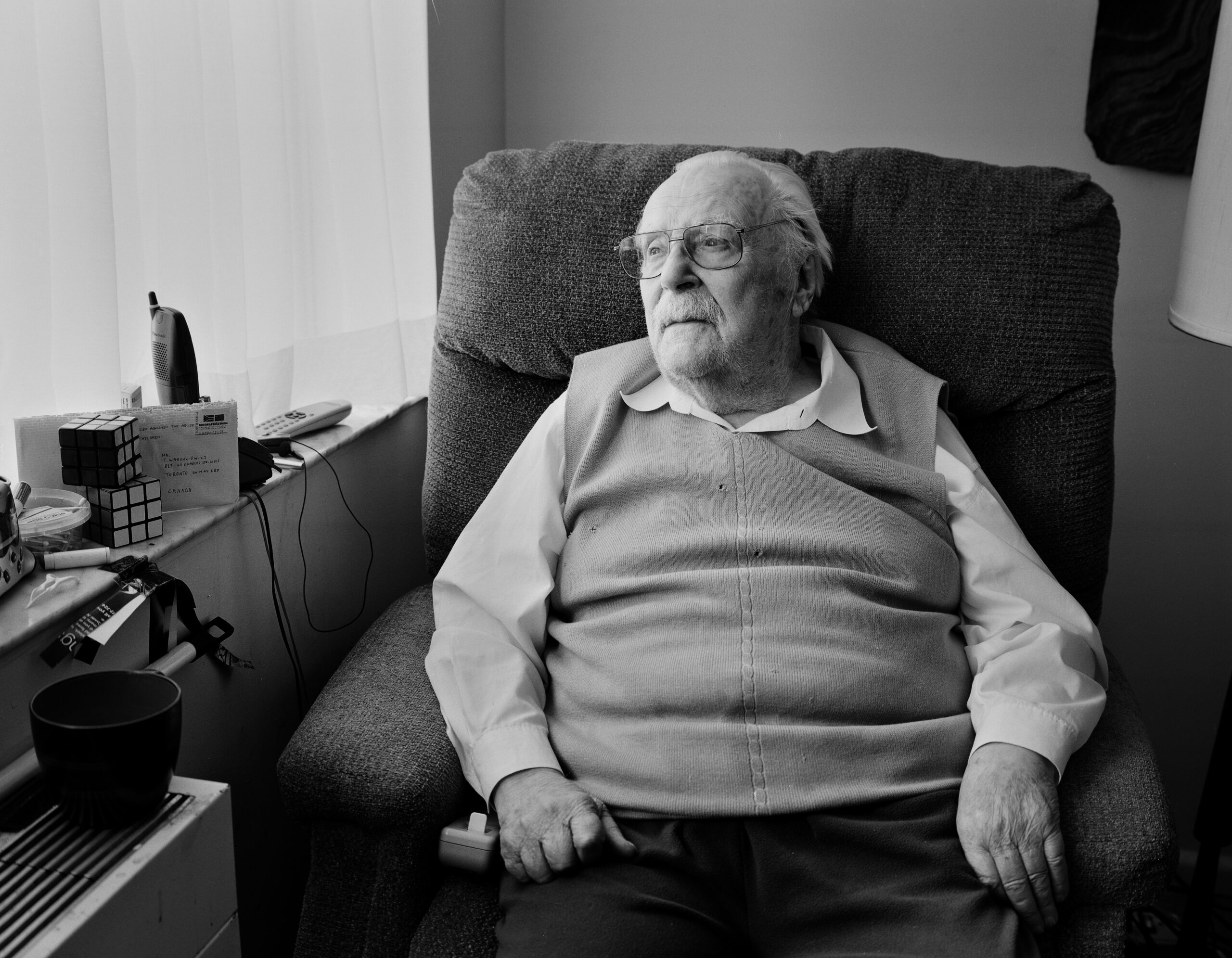For many Canadians, their older years can be a fulfilling time when they can enjoy the rewards of a well-earned retirement amongst their family and friends. However, for a significant number it can also be a time when they may be at risk of being harmed financially, physically, emotionally or psychologically by those they trust. About 10 per cent of older Canadians will suffer some form of elder abuse, most often from their spouses, grown children, caregivers, family members or another person they trust. With our rapidly ageing population expected to grow in the coming years and decades, these incidences are unfortunately only going to become more prevalent.
Violent abuse is typically what first comes to mind. In 2014, 9,200 Canadians aged 65 or older were victims of violent crimes – 34 per cent of whom suffered violence at the hands of a family member and 59 per cent of whom were women. A 2004 national report on family violence looked at police reports from across Canada and found adult children were involved in 38 per cent of family assaults against older adults and spouses were involved in 26 per cent.
But elder abuse is not limited to violent cases. Elder abuse can take many other forms as well, such as emotional, financial, psychological, systemic abuse and neglect. In fact, the most common form is financial abuse, which accounts for about 62 per cent of all cases. Older women are victims in about two-thirds of the cases of abuse or neglect that come to the attention of community agencies.
Abuse is not limited to older adults of any particular culture, ethnic group, social background or religion. Many types of abuse or neglect are crimes under the Criminal Code of Canada. These include theft, fraud, assault, sexual assault, criminal intimidation and harassment, failing to provide a dependent person with the necessities of life and manslaughter or murder. In all instances, elder abuse has a negative impact on its victim’s health, well-being and social connectedness.
Despite the seriousness of elder abuse, the Government of Canada estimates that only one in five cases are ever reported. Part of the reason for that is there is often a stigma associated with elder abuse, which can make older Canadians reticent to report.
When the abuser is the caregiver to an older adult, the power dynamic of the relationship and the older adult’s reliance on the caregiver can make it difficult for them to report the abuse. The older adult may be concerned about what will happen to them or to the abuser, or even what others such as neighbours, family members, or the community may think if they report the abuse.
Caregiving to older adults with complex or demanding health care needs can be stressful and lead to a strained or tense relationship between the caregiver and their older loved one. In cases where the older adult is suffering from a worsening dementia, the demands on their caregiver and the difficulty of providing care increase as well. The Alzheimer Society of Canada lists, among other reasons, lack of proper training and support for caregivers as a risk factor for abusing or neglecting their loved ones who are living with dementia. Significantly, it points out that caregivers who are pushed beyond their capabilities do not intend to be abusive or to neglect the care needs of their friend or family member. Respite care or breaks, it says, can help reduce the stress levels of caregivers and mitigate the risk of elder abuse.

Photo Credit: Mark Nowaczynski
While it may be a minority of older Canadians who are affected by elder abuse, the issue is likely to affect more people as our population ages. Indeed, at the same time that our society is ageing, it is also trending toward more independent living in single-generational households. This large-scale trend could leave many older Canadians vulnerable to elder abuse, but being a more active member of a community can potentially help keep them safe.Indeed, Staying socially connected is one of the most effective ways to prevent elder abuse. Older adults’ social networks can serve as protective barriers and deterrents to abuse and neglect; the deeper and wider their social networks are, the more likely it is that someone within those networks will notice when something isn’t right and abuse is occurring.
There are also societal trends such as ageism that contribute to elder abuse. Ageism – a prejudice against someone because they are old – is prevalent in Canada. According to the 2012 Revera Report on Ageism, about half of Canadians say that ageism is the most tolerated social prejudice. One-fifth of Canadians say that older adults are a burden on society and one-third admit to having treated an older person differently because of their age. Furthermore, 89 per cent of Canadians associate ageing with being less mobile, less independent and more alone.
In addition to reinforcing negative stereotypes about older people and ageing in general, ageist attitudes also make older adults vulnerable to elder abuse. Ageism reinforces the notion that older adults are a burden on society and makes us think less of them. As our ideas of older people are increasingly informed by ageist stereotypes, we are also less likely to believe an older person when they say they are being abused.
Canadians are now living longer than ever, which means there will be more older adults in the coming decades. To ensure our later years are healthy, active and safe, we need to increase awareness around elder abuse, its causes, and the strategies to protect against and prevent its occurrence. This includes encouraging and supporting older adults to report and speak out about abuse; providing support to caregivers to equip them with the skills, means, and knowledge to provide the best possible care and prevent caregiver burnout; encouraging older Canadians to be socially connected to their communities, and confronting ageism through education. Today is World Elder Abuse Awareness Day and this year’s theme is “Starting the Conversation to Stop the Abuse of Older Adults.” So let’s all work together to confront elder abuse in Canada starting right now.
What to Look Out For
Older adults that are experiencing abuse or neglect may:
- Show signs of depression or anxiety
- Seem fearful around certain people
- Become socially withdrawn
- Have unexplained physical injuries
- Lack food, clothing or other necessities
- Show changes in their hygiene or nutrition
- Have unusual withdrawals from their bank account
Learn More
For more information on Canadian and international activities to mark this day, you can visit the following websites:
Canadian Network for the Prevention of Elder Abuse
International Network for the Prevention of Elder Abuse
Visit the information table at Mount Sinai Hospital on June 15 and wear purple to show your support!
Help is Available
For all immediate danger, call 911
For Non-Emergency situations, referrals and general information:
- Victim Support Line 1-888-579-2888 or in Toronto 416-314-2447
- Senior Safety Line 1-866-299-1011 or 211
- Connex 1-866-531-2600
- Assaulted Women’s Helpline 1-866-863-0511
- Older Network for the Prevention of Elder Abuse 416-640-7784
- Long Term Care Action Line 1-866-876-7658 or 416-326-6777
- Ontario Retirement Communities Association- Complaints Response and Information Services (CRIS) Line 1-800-361-7254 or 905-403-0500
- Ontario Provincial Police 1-888-310-1122
- Senior Crime Stoppers 1-800-218-2885
- Advocacy Centre for the Elderly 416-598-2656
- Elder Abuse Ontario 416-916-6728
Date modified: 2017-06-14

